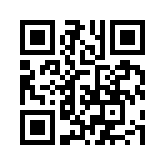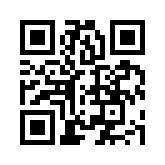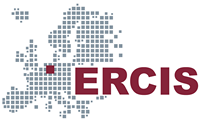Wireshark Demo

(Usage hints for this presentation)
Summer Term 2023
Dr. Jens Lechtenbörger (License Information)
1. Background
 I suppose that you know basics about the Internet, for example,
as covered in my OER presentation
Introduction to the Internet,
to which I refer subsequently.
I suppose that you know basics about the Internet, for example,
as covered in my OER presentation
Introduction to the Internet,
to which I refer subsequently.
2. Wireshark Demo
- Wireshark is free/libre and open source software
- Analyze network traffic in real-time
- Trouble-shooting
- Understanding applications and protocols
- What data is sent where?
- How does encapsulation really look like?
- Disable promiscuous mode to monitor only traffic addressed to you
2.1. Wireshark Filters
- Capture filter
- Specify among Capture → Options, restrict what is being captured
- Three qualifiers: type (
host,net,port), dir (src,dst), proto (ip,tcp,udp,arp, …)port 53: Source or destination port is 53host www.uni-muenster.de: Source or destination host has given name; also IP address instead of name possible
- Boolean combinations with
and,or,not, …dst host 128.176.0.12 and udp dst port 53
- Three qualifiers: type (
- Specify among Capture → Options, restrict what is being captured
- Display filter
- Restrict what is being displayed in filter bar below icons
- E.g.,
dns,arp,ip.addr==<some IP address> - Alternatively, use decoded piece of protocol information
- E.g., TCP layer, Flags, right click → “Apply as Filter”
- E.g.,
- Restrict what is being displayed in filter bar below icons
2.2. Warning
- Inspecting other people’s network traffic is illegal
- Invasion of privacy, maybe worse
- Network cards can work in so-called promiscuous mode
- Then, they accept all frames, regardless of destination address
- Thus, turn promiscuous mode off
- Unless you acquired consent of all affected parties
3. Live Demo
License Information
This document is part of an OER collection to teach basics of distributed systems. Source code and source files are available on GitLab under free licenses.
Except where otherwise noted, the work “Wireshark Demo”, © 2018-2020 Jens Lechtenbörger, is published under the Creative Commons license CC BY-SA 4.0.
In particular, trademark rights are not licensed under this license. Thus, rights concerning third party logos (e.g., on the title slide) and other (trade-) marks (e.g., “Creative Commons” itself) remain with their respective holders.
